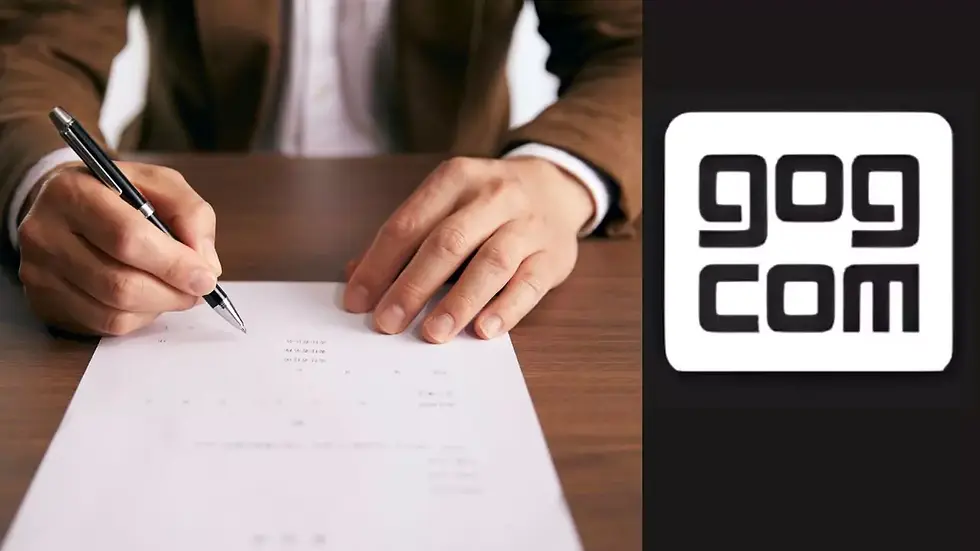GOG Explains How Its Dreamlist Helps in Negotiations with Publishers
- Sagar Mankar

- Sep 18, 2025
- 2 min read

GOG’s Dreamlist, introduced earlier this year, has quickly become a central part of the platform’s approach to game preservation and community engagement. The feature allows players to vote for the games they’d like to see added to GOG’s DRM-free store, essentially giving fans a say in which classics deserve another chance at life.
Unlike the old Community Wishlist, the Dreamlist comes with a more modern design. It includes search filters, game cards with detailed descriptions, screenshots, trailers. And most importantly, it has a "Stories" section where fans can share personal memories connected to the games they’re voting for.
A Tool for Preservation, Not Just Popularity
In an interview with Automaton, GOG’s senior PR representative Piotr Gnyp explained the philosophy behind the system. "GOG Dreamlist is our way of letting the community help shape preservation priorities," he said. While voting plays a huge role, the personal stories fans share are often just as important. According to Gnyp, there have even been cases where emotional posts tipped negotiations in favor of getting a game re-released.
That human element gives Dreamlist its strength. As Gnyp put it, "It’s not just a poll, it’s a cultural signal." For publishers, seeing raw fan enthusiasm backed by heartfelt stories reminds them why certain classics deserve another shot in today’s market.
Votes, Stories, and Long Negotiations
Of course, it’s not as simple as casting a vote and seeing a game appear on the store. Gnyp clarified that Dreamlist acts as "both a compass for us and a signal for rightsholders." High votes paired with passionate community stories make it easier to convince publishers, but deals often take time.
To illustrate, Gnyp pointed out that Diablo only arrived on GOG after nearly a decade of discussions. Game preservation isn’t a one-and-done process; it usually means returning to the negotiation table over and over until the timing finally works out. "Every vote and story helps, but the road from the Dreamlist to GOG release can be long and unpredictable," he explained.








Comments